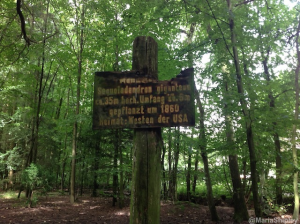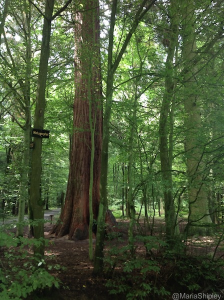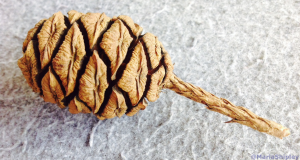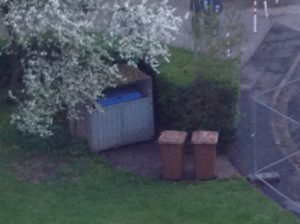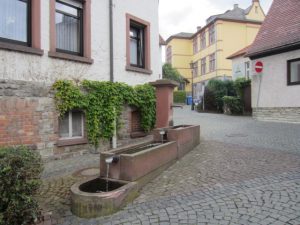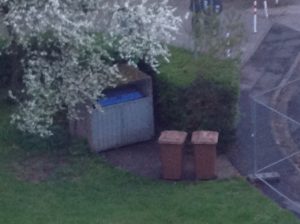Newcomers often mention Germany’s high prices when it comes to labor costs and products. One one hand, some employees enjoy good benefits, and let’s not forget the many kinds of taxes employers in Germany have to pay.
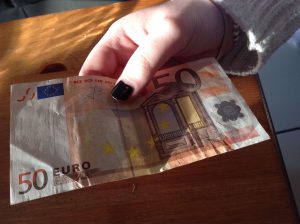
Let’s take a pub owner and the list of applicable taxes and shares he has to pay:
- Schankerlaubnis (public entertainment license), Getränkesteuer (alcoholic beverage tax), Vergnügungssteuer (entertainment tax), Mehrwertsteuer (value-added tax or VAT), Einkommenssteuer (income tax), Vermögenssteuer (property tax/personal tax), Grundvermögenssteuer (immovable property tax), Gewerbekapitalsteuer (trade capital tax), Gewerbeertragssteuer (tax on profits), Lohnsteuer (payroll tax), Lohnnebenkosten (nonwage labor costs), Hundesteuer (dog license fee), Kapitalertragssteuer (capital returns tax);
- Add the employer’s obligatory share of his employees’ Krankenversicherung (health insurance), Pflegeversicherung (long term care insurance), Berufsgenossenschaft (employers’ liability insurance coverage), Familienausgleichskasse (family compensation fund), Invalidenversicherung (disability insurance), Angestelltenversicherung (employees’ insurance), Arbeitslosenversicherung (unemployment insurance), Lebensversicherung (life insurance);
- Feuerversicherung (fire insurance), Einbruchsversicherung (burglary insurance), Unfallversicherung (accident insurance), Haftpflichtversicherung (liability insurance), Solidaritätszuschlag (solidarity tax), Rechtsschutzversicherung (legal protection insurance), Industrie-und Handelskammer (chamber of industry and commerce);
- The owner also has to pay his monthly expenses for Gas (gas heating), Wasser (water), Elektrizität (electricity), Heizung (heating), Müllabfuhr (garbage collection), Schornsteinfeger (chimney sweep), Telefon (phone charges), Zeitungen (newspaper subscriptions), Zeitschriften (magazines), Radio- und Fernsehengebühren (quarterly payment for radio and television licensing fees), Gesellschaft für musikalische Aufführungs- und mechanische Vervielfältigungsrechte or GEMA (performing rights society), etc.
I had read somewhere that a village pub about 30kms north of here had to close its doors. Paying a monthly fee of euro 700, so his guests could watch sport shows, was no longer feasible.
If you have a dog, you also have to pay the Hundesteuer (dog license fee).
I believe we all should pay our tax with a smile.
I tried, but they wanted cash.
